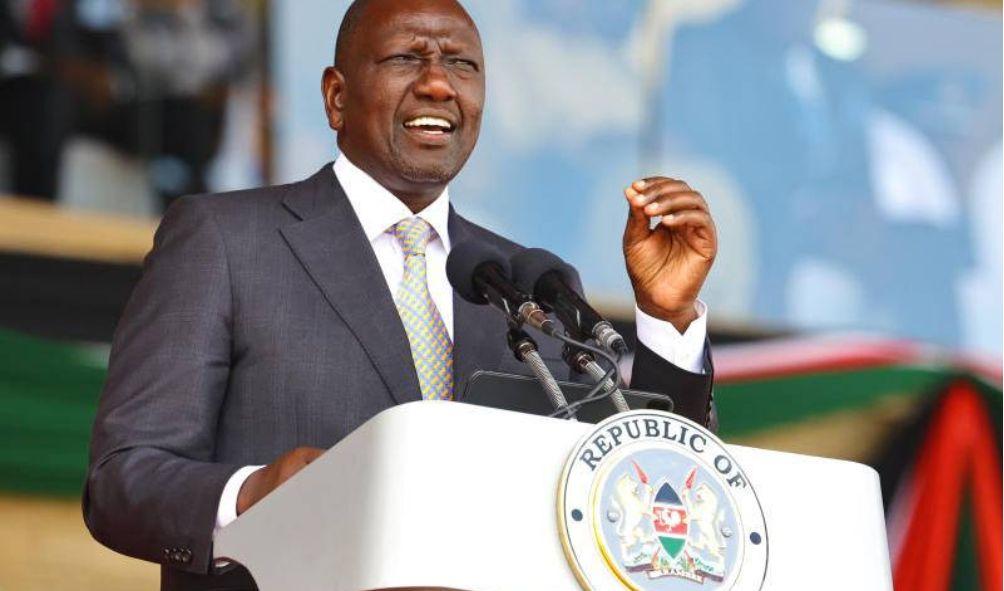Ruto’s Move: Requests Ksh 57B IMF Loan in Budget 2023 to Drive Down Food Prices
Thursday, June 15, Treasury Cabinet Secretary Njuguna Ndung’u explained that the administration of President William Ruto requested a Ksh57 billion loan from the International Monetary Fund (IMF) to support the government’s efforts to reduce the cost of living.
Ndung’u stated, while delivering his first Budget 2023/2024 to Parliament, that the IMF board would review the request, and if approved, Kenya would have access to the funds by July 2023.
The funds will be incorporated into the existing Extended Fund Facility (EFF) and Extended Credit Facility (ECF) programs, he explained.
In addition, the country would receive 433 million Special Drawing Rights (SDR) as part of the arrangement for the Resilience and Sustainability Facility (RSF).
“Kenya has continued to successfully implement EFF and ECF arrangements with the support of the IMF. We concluded the fifth review program in May 2023 and agreed to a 75% increase in access under the program (Special Drawing Rights),” he explained.
Ndung’u explained that the ECF arrangement would be extended until April 2025 so that the government could meet its program goals.
The RSF program would run concurrently with ECF and EFF for 20 months.
ALSO READ: Renowned US Economist Unveils Ruto’s Blueprint: Transforming Kenya into Africa’s Singapore
Upon approval, the cumulative IMF disbursement would amount to approximately $2.01 billion (279 billion Kenyan shillings).
Economy
Ndung’u is optimistic that the economy will rebound and expand by 5.5% in 2023, up from the current 4.8% growth rate. He attributed the projected growth to the continued robust performance of the services sector and the agricultural sector’s recovery as a result of the improved weather.
According to the Treasury chief secretary, the government would also support economic recovery by pursuing prudent economic measures aimed at reducing debt vulnerabilities and promoting sustainable development.
He noted that the Inflation rate would decline from the current 8.78% to 7.50%.
This would be the result of stronger shilling and lower fuel prices, which would reduce the price of essential goods.
The CS enumerated the government’s top priorities for reducing the cost of living, including the provision of subsidized fertilizer to farmers, the improvement of exports, and the continuation of private sector investments coupled with the decline in international commodity prices.
Note:
EFF is a program that provides financial assistance to nations experiencing severe difficulties in balancing their payments due to structural flaws that require time to address. Typically, the IMF extends the repayment period to assist countries.
ECF is a program similar to EFF, but it is provided to low-income nations with persistent debt issues.
RSF, on the other hand, provides affordable long-term financing to countries implementing reforms to reduce debt-risk factors and to implement climate change adaptation measures.
Ruto’s Move: Requests Ksh 57B IMF Loan in Budget 2023 to Drive Down Food Prices
HEY READER. PLEASE SUPPORT THIS SITE BY CLICKING ADS. DON’T FORGET TO HIT THE NOTIFICATION BELL FOR MORE UPDATES AROUND THE GLOBE.
